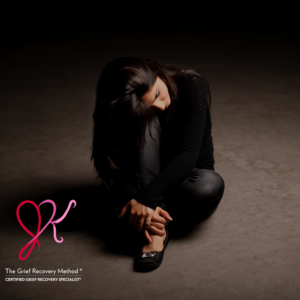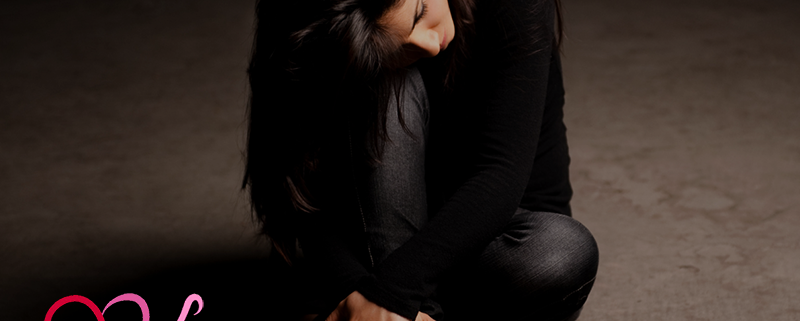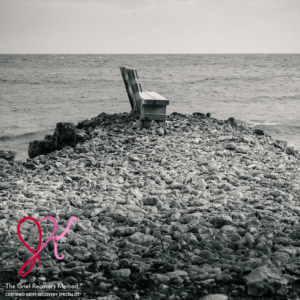Loss is all around us and is a part of life that none of us are immune to. So often it’s misunderstood what grief and grieving is, and sometimes it’s the belief that grief will somehow go away with time. For all of you who have the experience of major significant losses, you know that’s not true. You are forever changed from loss.
Maybe you have just lost a loved one to death. Maybe you just got divorced. Maybe a long-term romantic relationship just ended. Maybe you lost your job. Maybe you were delivered an unfavorable health diagnosis. These are all experiences of loss and the reality of living life. We will all be confronted by loss and the darkness of the unknown.
You can’t go over, under, or around grief, you must go through it! Unfortunately our earliest teaching tells us: DON’T FEEL BAD, DON’T BURDEN OTHERS with your feelings. Trying to use these few incorrect ideas, we develop a belief that suggests we shouldn’t feel bad in the first place.
If we’re taught not to feel bad when feeling bad is the normal and natural reaction to a grief-producing event, that idea makes it almost impossible for us to access healthy guidance to go through grief, rather than trying to bypass it by going over, under, or around it.
The first thing we must do if we want to deal with our grief effectively, is to allow our grief to exist by acknowledging it, and by communicating openly about it to people with whom we feel safe.
Please know that grief is the normal and natural reaction to loss of any kind. The range of reactions and emotions in response to grief-producing events is as wide as there are people on the planet. You may often hear that “Everyone grieves in their own way and at their own pace.” and I agree.
But experiencing grief, even in our own way and at our own pace, is not the only issue. For example, when someone important to us dies, or when we get divorced, we are always left with some things we wish had been DIFFERENT, BETTER, OR MORE; and with some UNREALIZED HOPES, DREAMS, AND EXPECTATIONS about the future.
These six words are the keywords that can help you discover what was left emotionally incomplete for you as the result of a death, a divorce, or any other loss. These unfinished or incomplete things is what is referred to as Unresolved Grief.
The hardest part about overcoming grief is that we are taught that it is too difficult. The actions of the Grief Recovery Method that help grieving people deal with their unresolved grief is available to anyone who is willing to take those actions. They are relatively easy to do, even though we might think that they are hard because we were never taught they exist, or how to do them, and because we may have believed the myth that grief is permanent and recovery is impossible.
Take the step to action in your recovery & you’ll discover for yourself that overcoming grief is possible.










